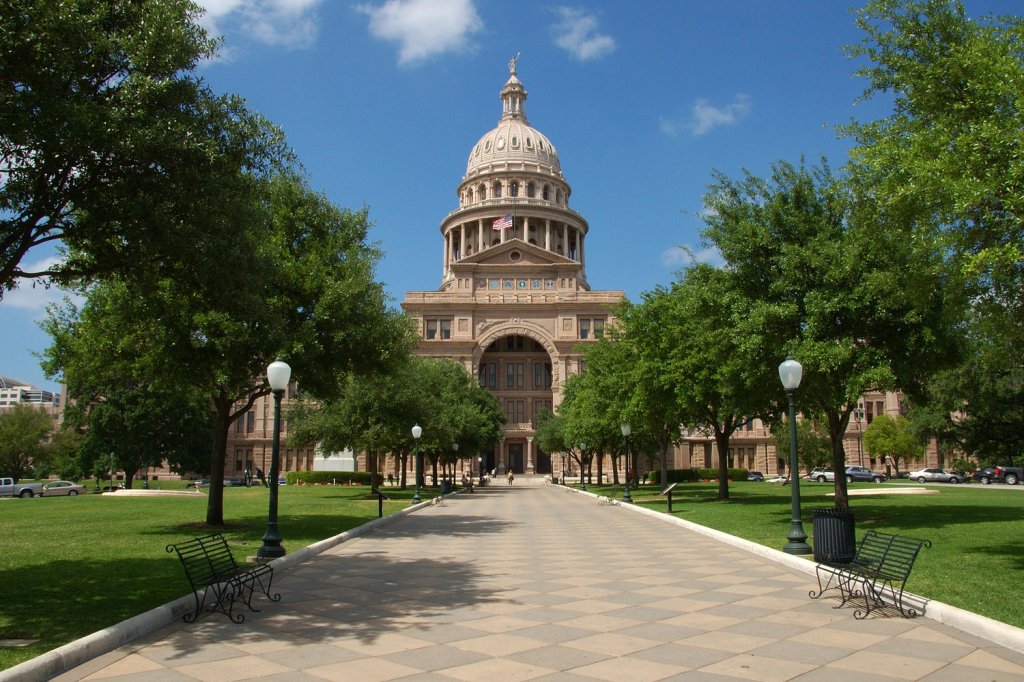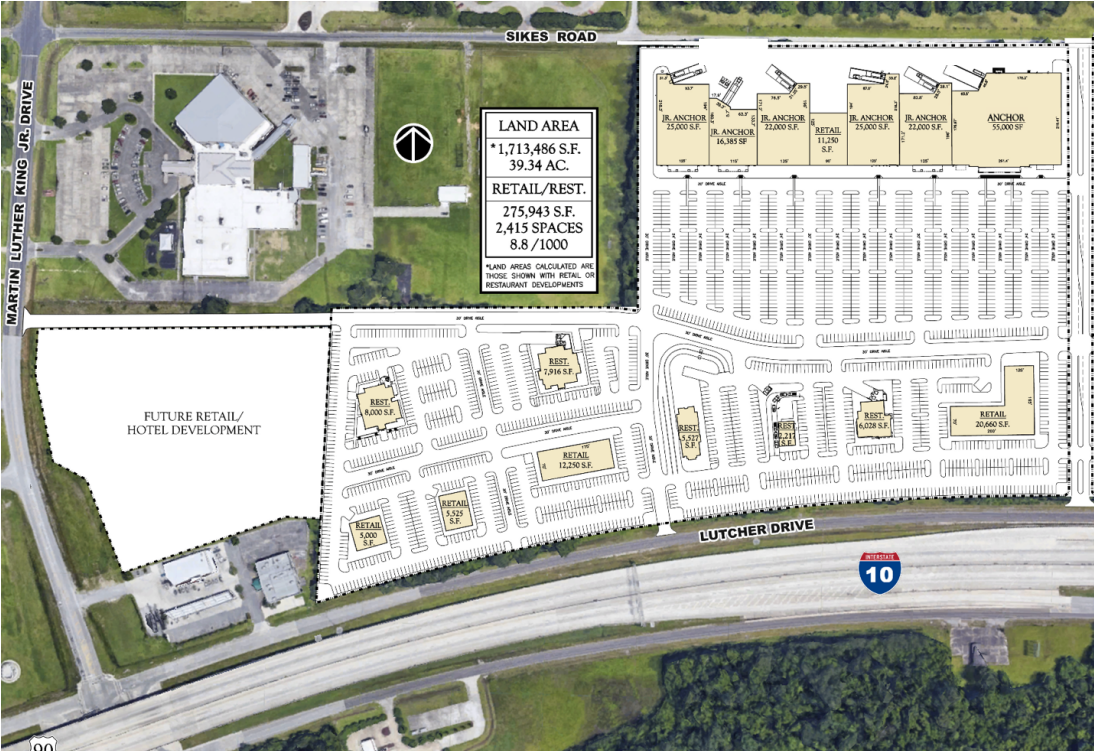ABBOTT NAMES EMERGENCY ISSUES; SENATE STARTS HEARINGS ON PROPERTY TAX REFORM
Published 12:00 am Saturday, February 9, 2019

- State capitol building in Austin, Texas
(Austin) The Senate has begun hearings on one of the emergency issues named in Governor Greg Abbott’s biennial State of the State address. Abbott gave property tax reform the emergency tag in the Tuesday speech, permitting immediate legislative action on related measures. Abbott said in his speech that the Texas economy was the envy of the rest of the nation and praised lawmakers for their work in achieving that status. “When you combine our legislative accomplishments with our record-breaking prosperity, you have elevated Texas to rarified status,” he said at the joint session. “I am proud to tell you that the state of Texas has never been better.”
In addition to property tax reform, Abbott picked five more topics as emergency issues. These are: education finance reform, school safety, teacher pay increases, disaster recovery and mental health services. The constitution prohibits the consideration of bills and resolutions in the first 60 days of the session, unless that issue receives the emergency designation.
The Senate Property Tax Committee took up the major property tax bill for the session, SB 2, on Wednesday, just one day after the governor’s speech. Bill author and Committee Chair Senator Paul Bettencourt of Houston said that he is committed to passing a bill this session. “We’re going to solve this problem, ” he said. “We’re going to be here until we do.” SB 2, and its identical companion in the House, HB 2, would change what is called the rollback rate.
Trending
Currently, when a city, county, or other taxing entity raises rates, and increases taxes above a certain amount, voters can petition for a tax retention election, commonly known as a rollback election. Right now that rate is eight percent, but the proposed bill would lower it to 2.5 percent for all entities that collect more than $15 million in combined sales and property tax revenue. It would also automatically trigger the rollback election, rather than require voters petition for one, and the election would occur on the uniform election date in November.
The bill would also improve taxpayer access to information about taxing entities and proposed rate changes. It would create a real-time database, searchable by property, that would contain notice of upcoming hearings, past rate changes, breakdown levies by taxing authority, among many other key statistics relating to property tax policy. Bettencourt said that current public information standards are too opaque. “Right now the truth-in-taxation notices, even for people in the industry, are almost gobbledygook,” he said.
Also this week, Houston Senator John Whitmire joined Supreme Court of Texas Chief Justice Nathan Hecht and Kerrville Representative Andrew Murr at a Monday press conference to announce the filing of legislation to reform the cash bail system in Texas. They said that the current system discriminates against poor people, who can spend months in a county jail cell waiting for their trial because they can’t afford bail, while violent criminals who can make bail get back on the streets. “The bail bond system that exists in Texas is unfair, unconstitutional and it has all types of terrible outcomes,” said Whitmire. He added that seventy five percent of the county jail population in Texas are defendants awaiting trial, compared to just thirty-three percent 25 years ago.
The legislation, SB 628 in the Senate and HB 1323 in the House, would require judges to use a risk assessment tool that relies on demographic data and empirical evidence to determine what risk, if any, a defendant released on bail would pose to public safety or alleged victims, as well as flight risk. It would also require the judge to set bail at the minimum amount they believe will ensure the defendant’s court appearance.
The Senate will reconvene Monday, February 11 at 3 p.m.





